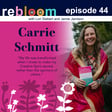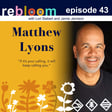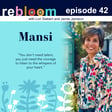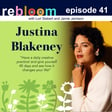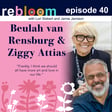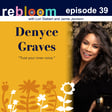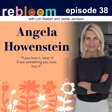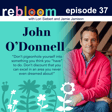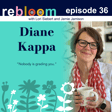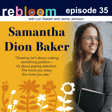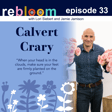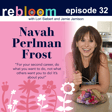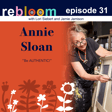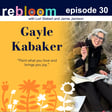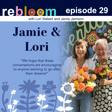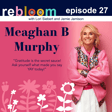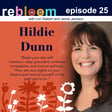
Entrepreneurial Spirits: Tyler Lewis’ vison for Jackworth Ginger Beer
Join us for a deep dive into the entrepreneurial journey of Tyler Lewis, Co-Founder and Chief Growth Officer of Jackworth Ginger Beer—Pennsylvania's first ginger beer brewery. After relocating from New York City to Pittsburgh, Tyler has been dedicated to building Jackworth Ginger Beer into a standout brand with aspirations for nationwide distribution. Founded in collaboration with Pittsburgh native and head brewer Jackworth Smith, their company is one of the few breweries in the U.S. specializing in alcoholic ginger beer, while also catering to all tastes with non-alcoholic options.
Before his venture into the craft beverage world, Tyler co-founded the art gallery My Pet Ram and contributed to groundbreaking research at Neuro-Insight, a leading neuromarketing firm with clients like Anheuser-Busch, Samsung, and Facebook. Tune in to hear Tyler’s inspiring story of moving from NYC to Pittsburgh, merging creativity with business savvy, and building a unique brand with broad appeal.
Our Podcast is proudly sponsored by Jet Creative and UrbanStems! Jet Creative is a women-owned marketing firm committed to community and empowerment. If you are looking to build a website or start a podcast--visit JetCreative.com/Podcast to kickstart your journey. UrbanStems is your go-to source for fresh gorgeous bouquets flowers and gifts delivered coast-to-coast! USE: BLOOMBIG20 to save 20%! Subscribe to this podcast and follow us on Instagram and Facebook @rebloom.podcast
Website:
Instagram:
